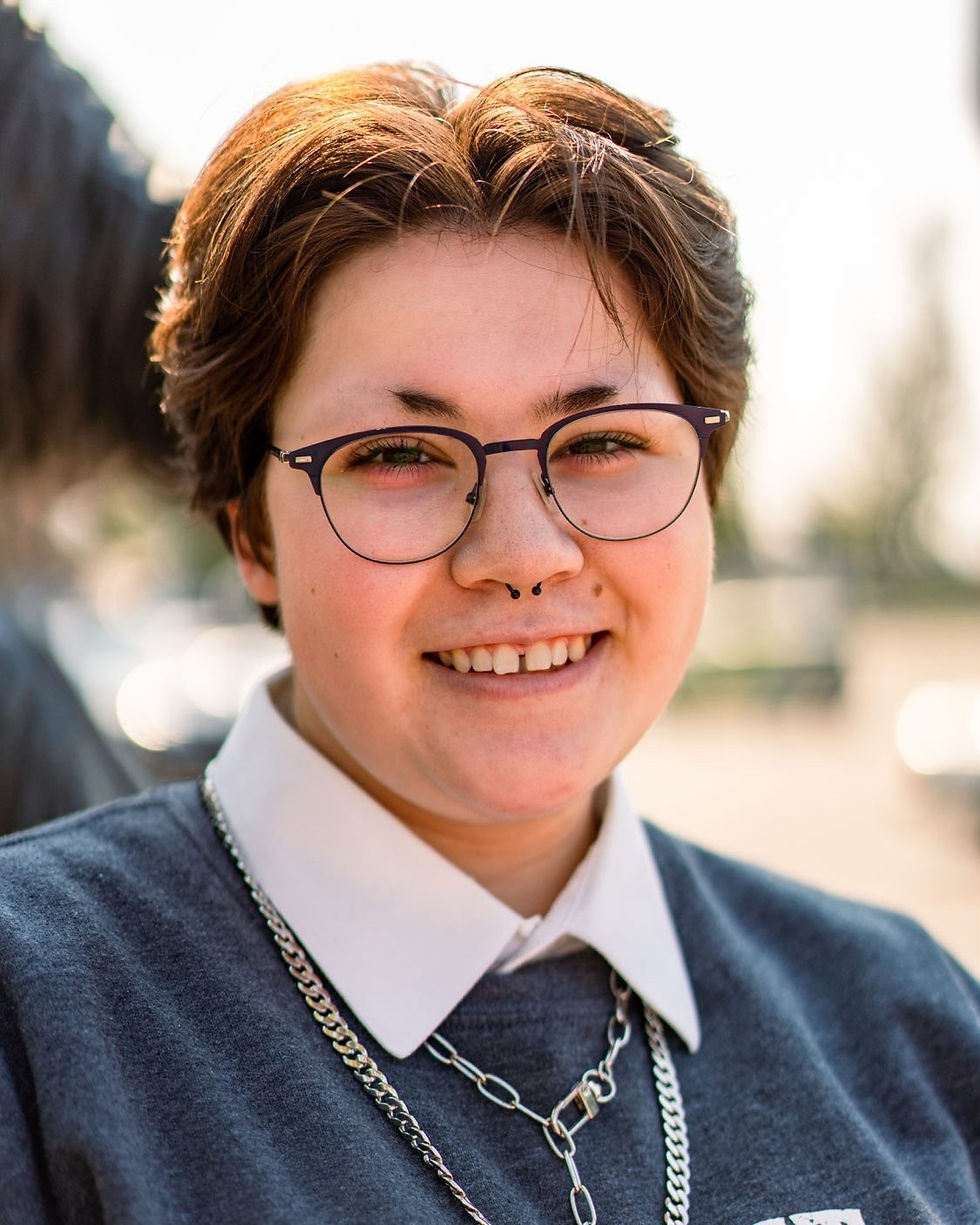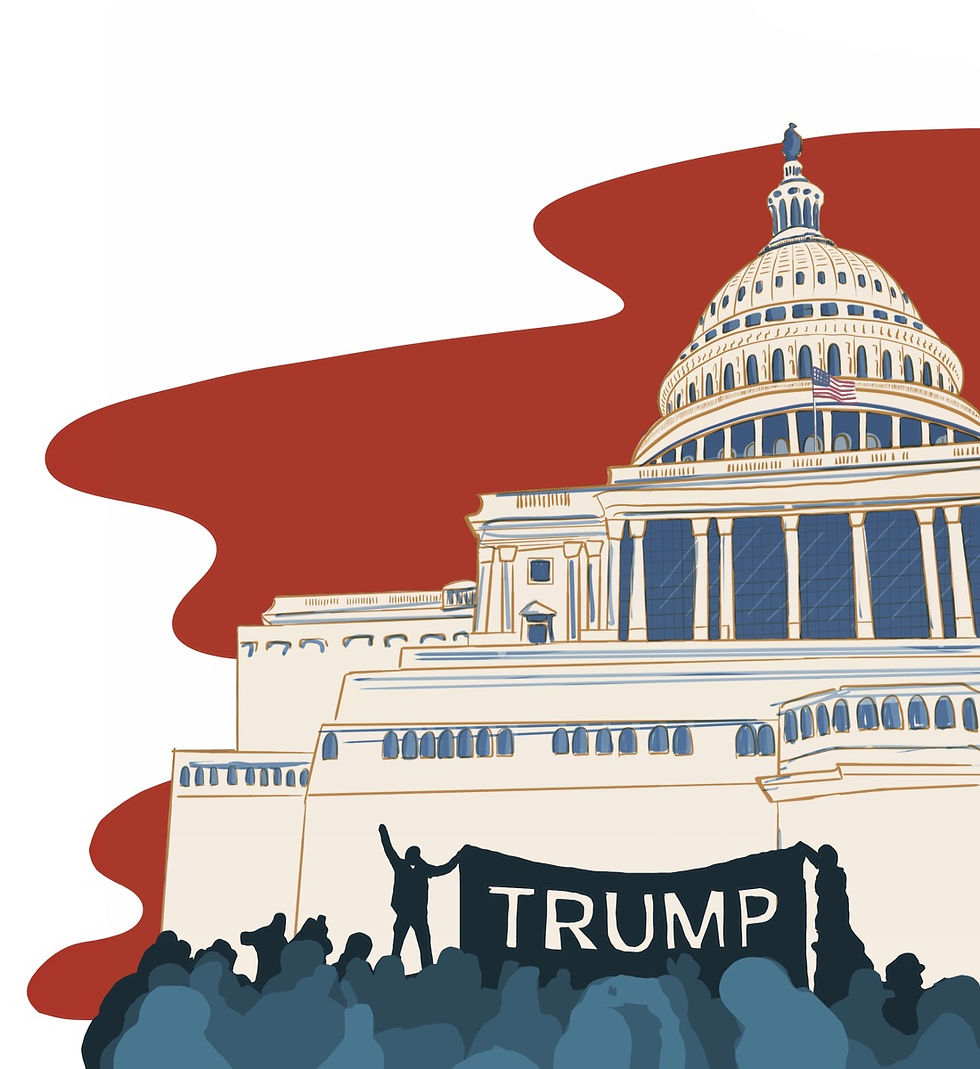- Myriad
- Feb 21, 2021
- 2 min read
Updated: Jan 10, 2022
Written by Isabella Gao
Photo by Emilie Cooper
With quotes by Nathan Shibley and Parker Smith

On the eleventh day of February, after the community-wide acceptance that the end of winter had arrived, it unanticipatedly began to snow.
On Thursday, when the snow began, a thin dusting of snow covered the ground and then blew away soon after. However, by Sunday morning, the entirety of Richland was covered in snow drifts of one to two feet. For a town within a dried-out shrub steppe, the community was completely shocked. The Tri-Cities had been encapsulated by the solid powdery snow in time for Valentine’s Day. Hanford students had ranging views on the sudden snow, which would’ve certainly shut down school if it had been in-person.
Parker Smith (09) said, “I saw that it would snow on the forecast, but not this much. I think it’s been one or two years since the last big snow I’ve experienced here in Richland.”
Nathan Shibley (12) echoed similar sentiments. He said, “I could neither say that I expected or did not expect snow. February is probably one of the worst months in the Tri-Cities. The snow made it move faster, so that is a positive.”
Although nobody in Richland expected over a foot of snow, plenty of students took advantage of the rare weather and had fun outdoors.
“I went sledding, fell sledding, built a snowman named Herald, made snow angels, and shoveled, shoveled, and shoveled. My sister, mom, and I had to keep shoveling our driveway [for hours], and we also helped three of our neighbors with their driveways too,” said Parker.
Nathan said, “ I built ski jumps and then thought about the possibilities that they represented. By the time I had built the jumps and thought of the possibilities, the snow was gone. Since I love watching people crash their cars, I was sad to see the snow gone so quickly.”
Parker agreed to some extent, saying, “I loved playing in the snow! It was so nice for me because I hate when it’s bitterly cold, but there’s no snow. It also gave me a good excuse to drink hot cocoa in February. Of course, I was disappointed when the snow melted, but it left perfectly too. It was gone just in time for school activities and in-person school to start up.”
After the great Valentine’s Day hassle, students bundled in mittens and scarves were ready to finally return to in-person school for the first time in the 2020-2021 school year on February 22nd, after one last satisfying snowfall to signal the official end of winter.


